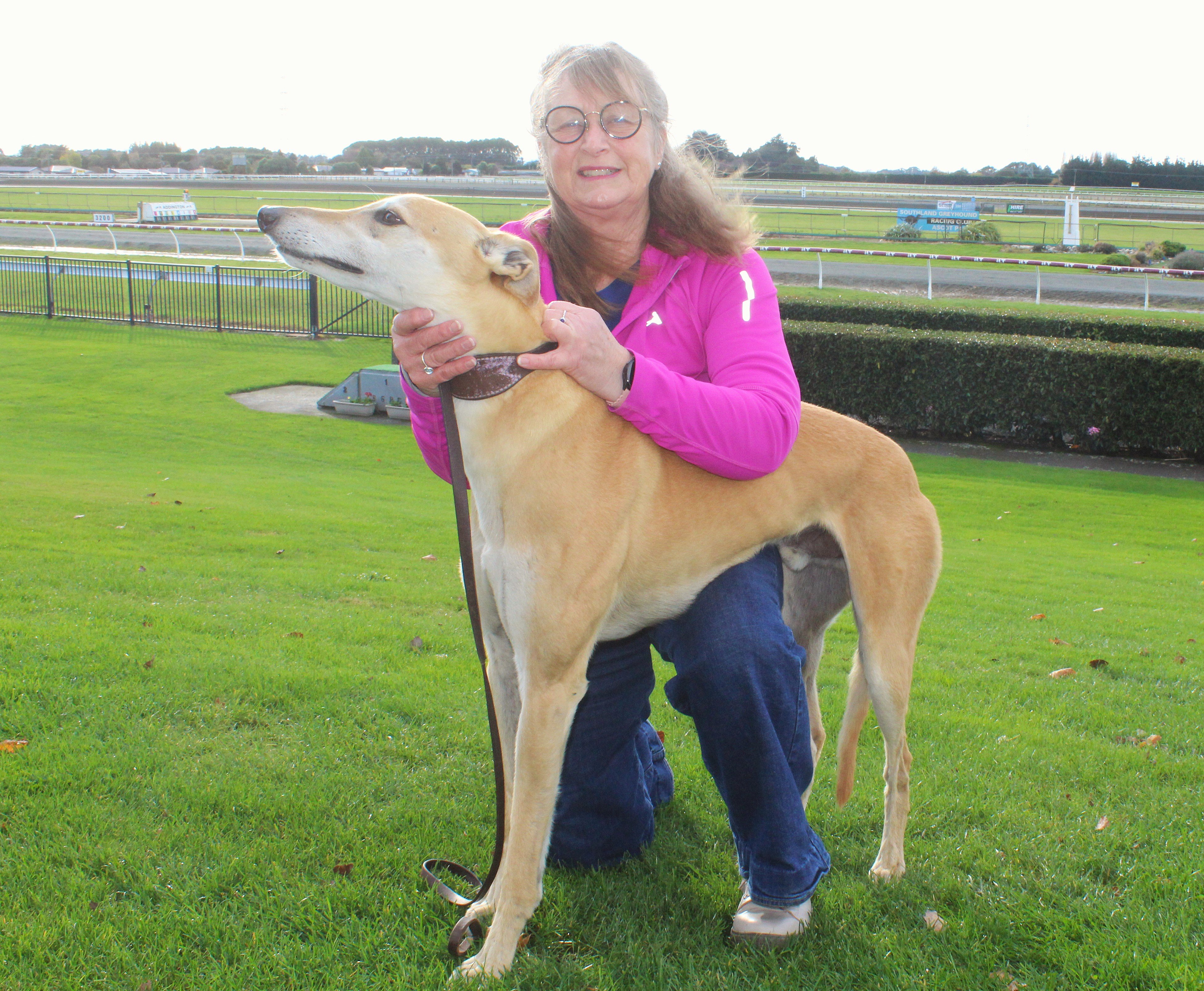
In December last year, Racing Minister Winston Peters announced the government’s plan to end greyhound racing in New Zealand.
It is intended that greyhound racing will be wound down during a 20-month period to enable the rehoming of racing dogs and to provide a transition period for people involved in the industry.
Southland Greyhound Racing secretary-manager Bronwyn Eade said there were 52 race meetings a year held at the Ascot Park Raceway in Invercargill.
The Southland Greyhound Racing Club hosts 49 and the Otago Greyhound Racing Club three.
Mrs Eade said the Southland economy benefited in many ways from greyhound racing and would lose about $9m in a financial year if the ban went ahead.
Owners and trainers who visited Invercargill supported the hospitality industry in the city.
"The majority of the people who race here come from Canterbury."
Others who received income from the industry included veterinarians, owners and trainers who earned stake money from races, the Ascot Park Consortium and the 11 staff members who worked at the track on race day.
There were six trainers in Southland and Otago and about 50 greyhounds, but not all of those raced, she said.
"They can’t race until they’re 16 months."
On race days, an average of 12 races were held.
A field normally comprised eight dogs, but in the sprints the number was reduced to seven.
The decision to close down greyhound racing came out of "left field", Mrs Eade said.
It was frustrating the government preferred to listen to animal rights’ activists instead of those involved in the industry, she said.
Regulations adopted in the past eight years had improved the welfare of the dogs.
"They are well looked after, they are very regulated and that’s the annoying part.
"The government don’t seem to be looking at the improvements that have been made."
The number of injuries compared to the number of dogs that raced was "very minimal".
Mrs Eade, who has been involved in the industry for about 46 years, was a former trainer.
While there was a social side to the sport, it was working with the dogs that drew her in, she said.
"Greyhounds are born and bred to race and they’re kept in top health to do what they love. They’re such great dogs.
"They have a wonderful nature.
"They’re like your kids.
"When I used to train, you’d get the trailer out and they’d be barking their heads off because they knew that’s where we were going.
She stopped training about four years ago as it was a 24-hours-a-day commitment.
"I decided it was time to focus on grandchildren, but I do have a retired one [greyhound]."












